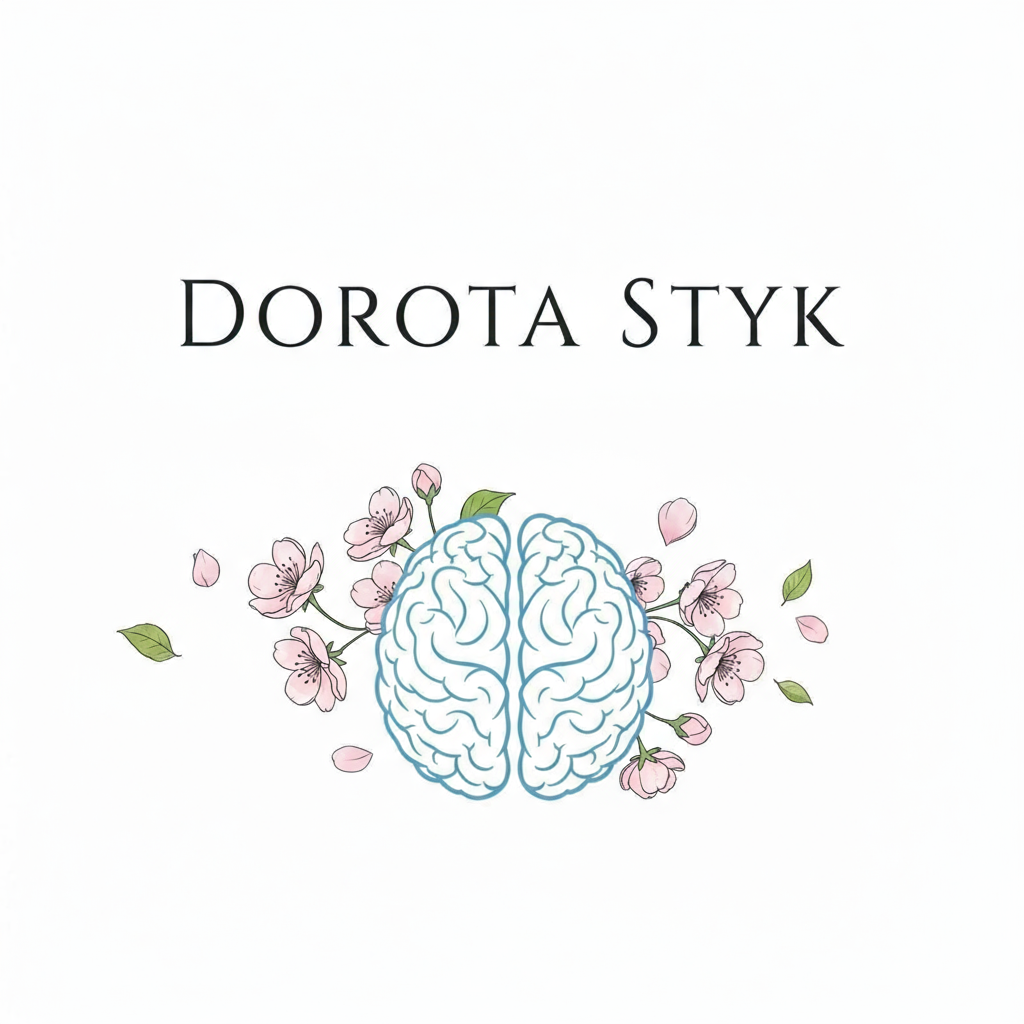The Critically Overlooked Crisis: Post-ICU Cognitive Rehabilitation
Every year, millions of patients are discharged from intensive care units (ICUs) with their lives saved, yet they face an unrecognized epidemic: persistent and often severe cognitive impairments. This condition—Post-Intensive Care Syndrome (PICS)—is only now coming to prominence, especially among survivors of sepsis, acute respiratory distress syndrome (ARDS), and those who endured prolonged mechanical ventilation (Colbenson et al., 2019; Inoue & Iwashyna, 2024).
Why PICS Cognitive Deficits Go Unaddressed
The primary focus in critical care remains on short-term physical survival, often to the detriment of longer-term neurological health. Cognitive symptoms such as memory loss, executive dysfunction, and “brain fog” typically emerge weeks to months post-discharge and can easily be dismissed as residual stress or aging (Kohler et al., 2019). Consequently, the true neurological aftermath of critical illness is vastly underestimated. Unlike patients with stroke or traumatic brain injury, ICU survivors rarely have access to structured screening or rehabilitation protocols, leaving families and caregivers unsupported (Ayenew et al., 2025).
The Scale and Impact—A Humanitarian Crisis
Prevalence
Cognitive impairment following ICU is alarmingly common, affecting 30–80% of survivors depending on the population and assessment methods (Ho et al., 2025; Honarmand et al., 2020). Estimates using objective batteries report impairment in up to 61% of survivors at ICU discharge and 43% at 12 months, with higher rates in those with ARDS (Colbenson et al., 2019; Schwitzer et al., 2023). The prevalence decreases but persists even after a year, with around a third of survivors affected. COVID-19 surges have further amplified the scale, as many critically ill patients now experience long-term cognitive disturbances (Frontiers in Medicine, 2024).
Impact
PICS-related impairments affect attention, memory, problem-solving, visuospatial ability, and executive function (Guerra et al., 2013). These issues often devastate autonomy and quality of life—patients may struggle with daily activities, healthcare management, returning to work, or finances (Jackson et al., 2012). ICU survivors face a 2–3x increased risk of developing dementia compared to the general population, with particularly high rates in older adults and those who suffered sepsis or hypoxia (James et al., 2022; Beaud et al., 2020).
Neurobiology
The lasting effects are rooted in a cascade of neuroinflammation, hypoxia, and metabolic stress during critical illness, which damage key brain networks, especially the frontal and hippocampal regions (Colbenson et al., 2019). Prolonged delirium, mechanical ventilation, and systemic inflammatory responses are major contributors to these changes (Yao, 2021). Yet, less than 5% of ICU survivors receive referrals for cognitive rehabilitation, even as the cognitive burden becomes as pressing as physical or respiratory complications (Ayenew et al., 2025).
A Path Forward: Personalization, Prevention, and Proactivity
Personalized Digital Biomarkers
Advanced neuroimaging combined with machine learning (ML)—including EEG, fMRI, and algorithms like Hidden Markov Models—can now map a survivor’s unique neurocognitive signature, offering the prospect of precision neurorehabilitation rather than a generic approach (Norton et al., 2023; Chaudhry et al., 2020). Such technology allows for early identification of those most at risk, and tailoring of interventions to specific deficits.
Adaptive, Gamified Cognitive Training
Gamified cognitive rehabilitation platforms, similar to those used in stroke therapy, engage and strengthen affected neural circuits, improving adherence and outcomes (Dong et al., 2023). Cognitive training delivered through digital apps can support at-home work and ongoing tracking of progress (Schwitzer et al., 2023).
Early Preventative Care
Embedding standardized cognitive screening (using tools like MoCA or MMSE) into ICU discharge planning would revolutionize care, enabling early referral to rehabilitation services (Colbenson et al., 2019). Mobile “cognitive first aid” apps could empower patients and caregivers to monitor symptoms and flag declines in real time.
Hybrid Neuro-Rehabilitation Approaches
Combining neurofeedback (to recalibrate disrupted brain rhythms) with compensatory strategy training (helping patients manage persistent deficits) creates a comprehensive, multi-pronged approach (Jackson et al., 2012; Schwitzer et al., 2023). Evidence-based rehabilitation, including Goal Management Training (GMT) and integrated physical and cognitive therapy, has shown improvements in executive function and quality of life at 3–12 months post-discharge (Dong et al., 2023).
The Urgency for Action
The suffering is vast and preventable. With ICU survivors facing up to triple the risk of dementia and the majority developing long-term cognitive sequelae, our current healthcare standards for post-ICU care are dangerously outmoded (James et al., 2022). Survivors deserve not merely a return to physical health, but the genuine chance to reclaim cognitive well-being (Ayenew et al., 2025).
The Vision: From Survivorship to Thriving
Progress in this field is more than technology—it is a mandate to restore the full scope of human potential. The adoption of ML-driven, proactive neurorehabilitation transforms survivorship into true recovery, enabling ICU survivors to thrive, not just survive (Norton et al., 2023; Chaudhry et al., 2020). The time for systemic change, innovation, and advocacy is now.
References
Ayenew, T., et al. (2025). Prevalence of post-intensive care syndrome among intensive care unit survivors: A systematic review and meta-analysis. PLoS One, 20, e0323311.
Beaud, V., et al. (2020). Neuropsychological functioning in post-ICU patients after severe COVID-19 infection: The role of cognitive reserve. Brain, Behavior, & Immunity Health, 21, 100425.
Chaudhry, F., et al. (2020). Machine learning applications in the neuro ICU. Neurocritical Care, 33, 1–4.
Colbenson, G. A., Johnson, A., & Wilson, M. E. (2019). Post-intensive care syndrome: Impact, prevention, and management. BMC Medicine, 17, 289.
Dong, Q., et al. (2023). Effects of early cognitive rehabilitation training on cognitive impairment in critically ill patients. Australian Critical Care, 36(1), 56–61.
Guerra, C., et al. (2013). The brain after critical illness: Effect of illness and aging on cognitive function. Critical Care, 17(1), 116.
Ho, M. H., et al. (2025). Estimated prevalence of post-intensive care cognitive impairment: A systematic review and meta-analysis. Frontiers in Psychiatry, 16, 11723879.
Honarmand, K., et al. (2020). Natural history of cognitive impairment in critical illness survivors. Critical Care, 24, 677.
Inoue, S., & Iwashyna, T. J. (2024). Post-intensive care syndrome: Recent advances and understanding. Acute Medicine & Surgery, 11, e929.
Jackson, J. C., et al. (2012). Cognitive and physical rehabilitation of ICU survivors: Results of the RETURN randomized controlled pilot investigation. Critical Care Medicine, 40(4), 1088–1098.
James, B., et al. (2022). ICU stay may double risk of dementia. RUSH Alzheimer’s Disease Center.
Kohler, J., et al. (2019). Cognitive deficits following intensive care. Journal of Critical Care, 53, 123–130.
Norton, L., et al. (2023). Imaging and AI reveal rehab potential after brain injury. NR Times.
Schwitzer, E., et al. (2023). Survival ≠ Recovery: A narrative review of post-intensive care syndrome. Clinical Practice and Epidemiology in Mental Health, 19, 3–15.
Thomas, M. (2024). A prospective cohort study on cognitive and psychological outcomes in COVID-19 ICU survivors at 3 months of follow up. Frontiers in Medicine 11
Yao, L. (2021). Incidence and influencing factors of post-intensive care syndrome: A prospective cohort study. Scientific Reports, 11, 14361.

